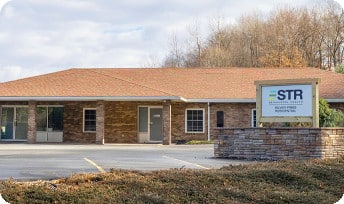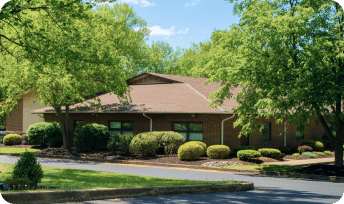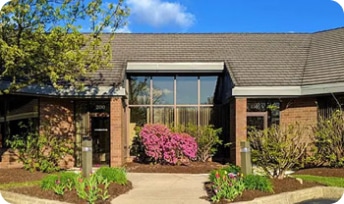Programs
Home // Programs
Our STR Behavioral Health treatment programs provide a continuum of care with a whole-person, holistic approach. Our clinicians and treatment teams provide high-quality addiction, dual diagnosis, and primary mental health treatment at our detox, residential, and outpatient facilities. Our treatment program locations include Silver Pines Residential, Bucks County Outpatient, and Lehigh Valley Outpatient.
Full Continuum of Care
Our two comprehensive residential treatment programs offer intensive treatment and therapy for complex substance use disorders, mental illnesses, and co-occurring conditions. Each client receives a whole-person approach emphasizing connecting with others who can support them in their recovery. To ensure sustained recovery, we customize treatment plans based on each client’s specific needs.
PHP is ideal for clients who have struggled to attain long-term success in recovery, have co-occurring diagnoses impacting their substance use, or need long-term care. We offer PHP from 9:00 am to 2:30 pm Monday through Friday. Each client attends therapy sessions with a clinician twice per week to navigate their individual needs and a psychiatric evaluation and follow-up weekly.
IOP is an alternative means of receiving focused treatment while still maintaining commitments to family, home, work, or school. Our services are offered three days a week from 9:00 am to 12:00 pm and 6:00 pm to 9:00 pm. Each IOP client attends therapy sessions with a clinician once per week, a psychiatric evaluation, and a follow-up monthly. In addition, our Supportive Housing supports clients as they integrate back into their communities, offering flexibility with daytime and nighttime services. Each client attends programming three times per week while they live in supportive housing that’s staffed by qualified, Certified Recovery Specialists.
Our General Outpatient Program (GOP) is a smart choice for individuals who cannot attend a residential environment. It works very well for business executives or others who need to continue working while attending treatment. The outpatient treatment schedule allows clients to keep their jobs, continue home responsibilities, care for family, and stay on track with their education. It is essential that clients in outpatient treatment have good recovery support systems in their lives, such as family and friends.




